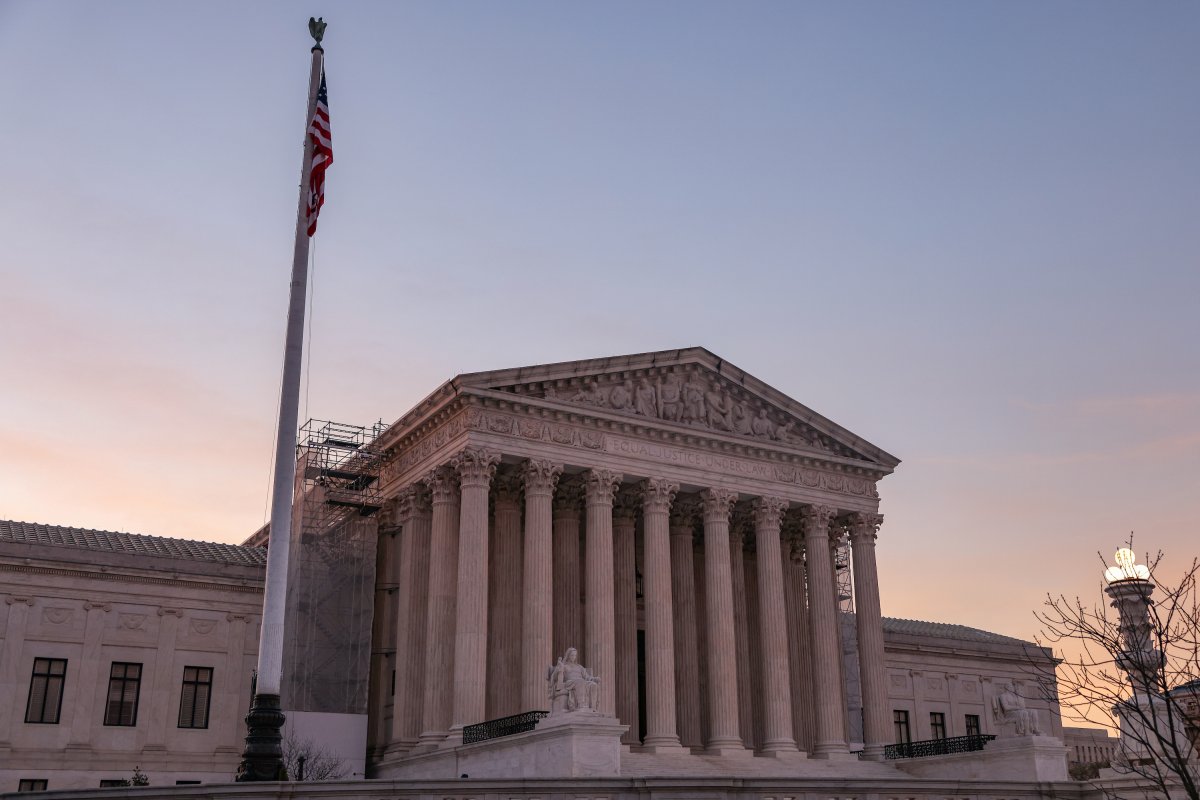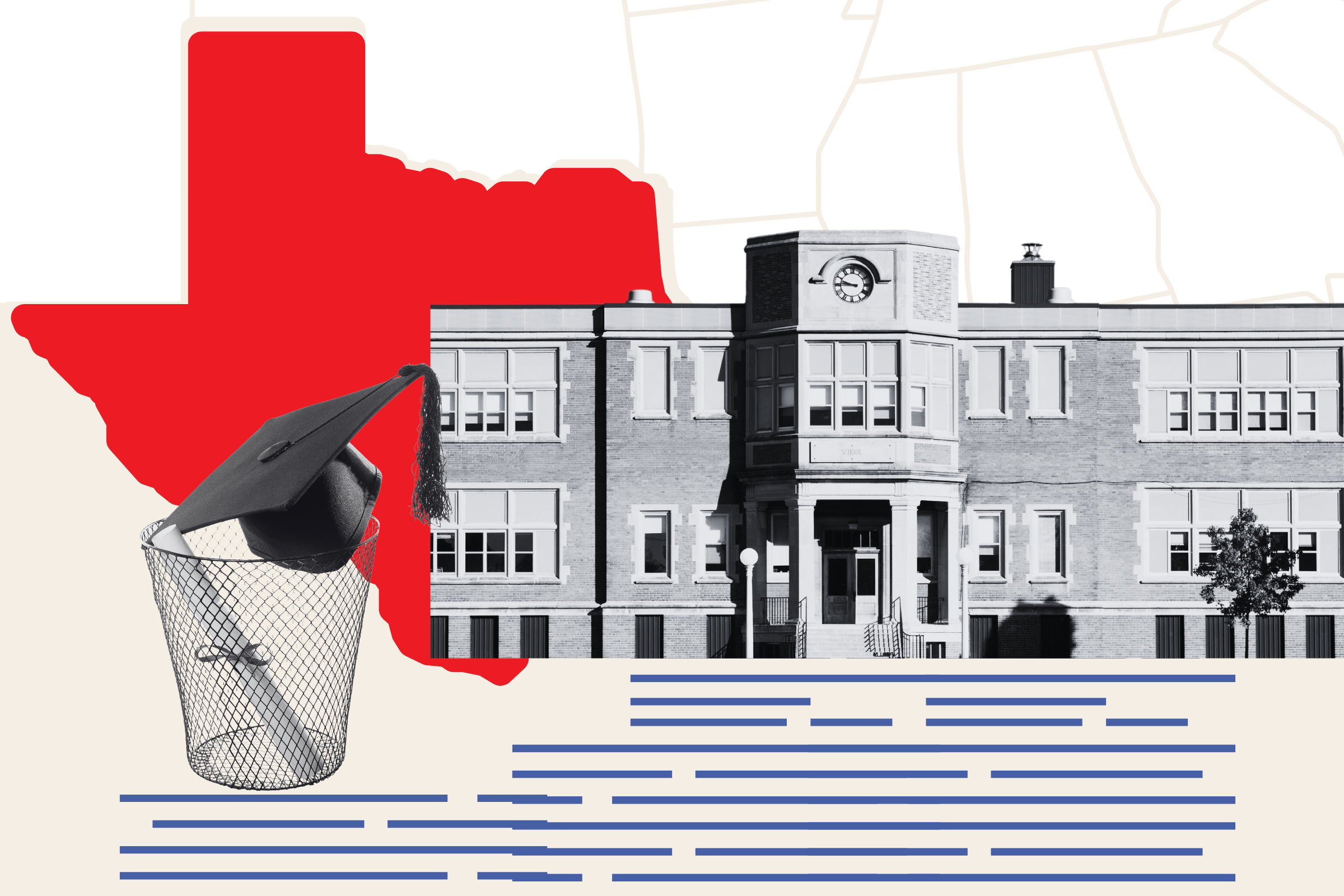On April 25, the Supreme Court will hear arguments for and against former and perhaps future president Donald J. Trump's motion that he has absolute immunity from prosecution in the Washington, D.C., indictment brought by Special Counsel Jack Smith. Trump stands accused of conspiracy to defraud the United States, conspiracy to deny the right to vote, conspiracy to obstruct an official proceeding, and obstruction of an official proceeding in relation to the events of January 6, 2021.
U.S. District Court Judge Tanya Chutkan dismissed Trump's original motion last December 1. On February 6, a panel of federal Circuit Court of Appeals judges upheld her dismissal. Chutkan was appointed by former president Barack Obama, to whose 2008 presidential campaign she donated. Two of the three Appeals Court judges were appointed by President Joe Biden, one of whom was shortlisted for the Supreme Court seat now held by Justice Ketanji Brown Jackson.
A favorable ruling by the Supreme Court, whose acceptance of Trump's appeal indicates that it may have merit, could dismiss the former president's indictment in Washington and have positive implications for him in other criminal cases and, possibly, in related civil matters.
Trump's legal theory holds that potentially illegal actions committed by a president while in office are not subject to ordinary criminal prosecution. Drawing from English common law, the U.S. Constitution instead provides the impeachment mechanism, which allows Congress to consider articles identifying alleged "high crimes and misdemeanors." A simple majority of the House of Representatives can impeach the accused, who is then tried by the Senate. The Senate requires a two-thirds supermajority to convict and remove from office, and can, at its discretion, disqualify the convicted individual from holding public office in the future.
A close reading of the Constitution supports Trump's immunity motion. According to Article I, Section 3, Clause 7, "Judgment in Cases of Impeachment shall not extend further than to removal from Office, and disqualification to hold and enjoy any Office of honor, Trust or Profit under the United States." "But," the clause instructively continues, "the Party convicted shall nevertheless be liable and subject to Indictment, Trial, Judgment and Punishment, according to Law."

There is no statement that any party acquitted in impeachment proceedings, as Trump twice was, is "liable and subject to" criminal prosecution. Nor, since the Fifth Amendment prohibits repeated prosecution for the same crime (i.e. "double jeopardy"), should there be. There is also no constitutional provision for prosecuting high officials without the preliminary measure of impeachment, which is not time-limited to the official's tenure in office. Trump's second impeachment trial was held in February 2021, after he left office, as was the 1876 impeachment trial of War Secretary William W. Belknap, who had previously resigned but was then impeached and tried nevertheless.
In other words, without an impeachment trial conviction, there is no constitutional basis for Trump to face prosecution in Washington, D.C.
The Justice Department's Office of Legal Counsel recognized this with regard to sitting presidents in an internally binding 1973 memorandum, which reasoned that prosecuting a president is unconstitutional because he "is the symbolic head of the nation" and that "to wound him by a criminal proceeding is to hamstring the operation of the whole governmental apparatus, both in foreign and domestic affairs." Trump, who is seeking reelection, similarly argues that if the lower court rulings are upheld, "the threat of future prosecution and imprisonment would become a political cudgel to influence the most sensitive and controversial presidential decisions."
Special Counsels Leon Jaworski and Ken Starr both recognized that principle in the respective cases of Presidents Richard Nixon and Bill Clinton, though both also concluded that it was permissible to investigate a sitting president for possible criminal activity. In both cases, however, the counsels deferred to the impeachment mechanism to address alleged criminal conduct (Nixon resigned before the House voted on recommended articles of impeachment; Clinton was impeached by the House and acquitted in his Senate trial). In 2019, Special Counsel Robert Mueller's report acknowledged both the 1973 memorandum and a 2000 memo reaffirming the Justice Department's position on presidential immunity as precedents barring him in theory from indicting Trump, though Mueller also disclaimed any evidentiary finding that would support a criminal indictment.
If the Supreme Court rules against Trump, it will join partisan Democrat jurists in recklessly throwing out both the letter of the Constitution and half a century of careful precedent in favor of a shaky prosecutorial theory that would expose all future U.S. presidents to the distracting scrutiny of legal proceedings from which they were explicitly intended to have been shielded. The High Court should see Smith's prosecution for the political tool it very clearly is and prevent our continuing slide into a banana republic. Otherwise, it is conceivable that all future presidents will spend their terms in office looking over their shoulders or tied up in court, with real or frivolous allegations preventing the business of the executive branch from getting done. The Founding Fathers knew better.
Paul du Quenoy is President of the Palm Beach Freedom Institute.
The views expressed in this article are the writer's own.
Uncommon Knowledge
Newsweek is committed to challenging conventional wisdom and finding connections in the search for common ground.
Newsweek is committed to challenging conventional wisdom and finding connections in the search for common ground.
About the writer
To read how Newsweek uses AI as a newsroom tool, Click here.








